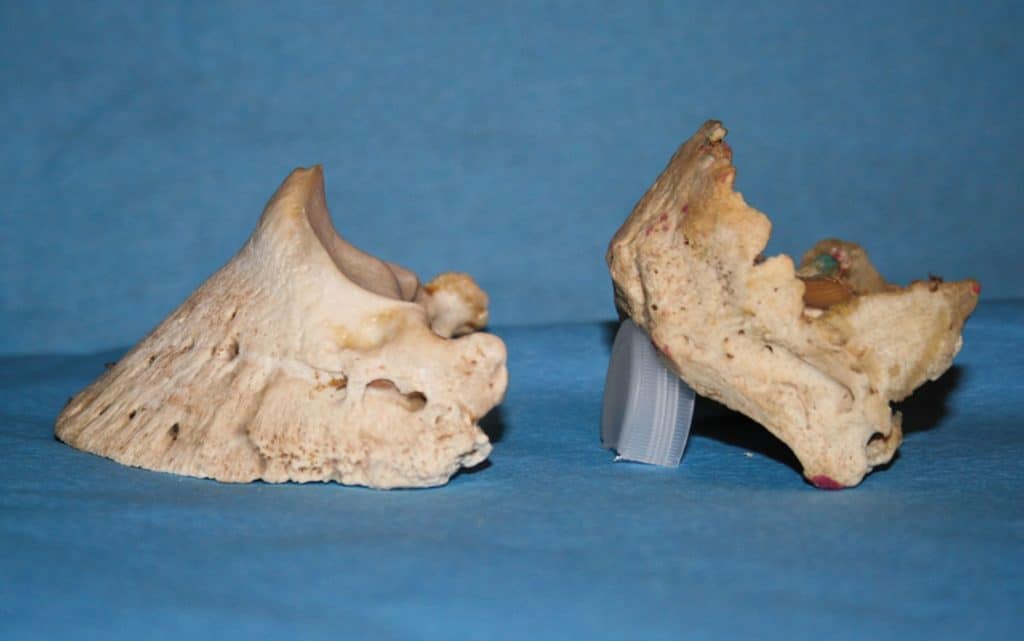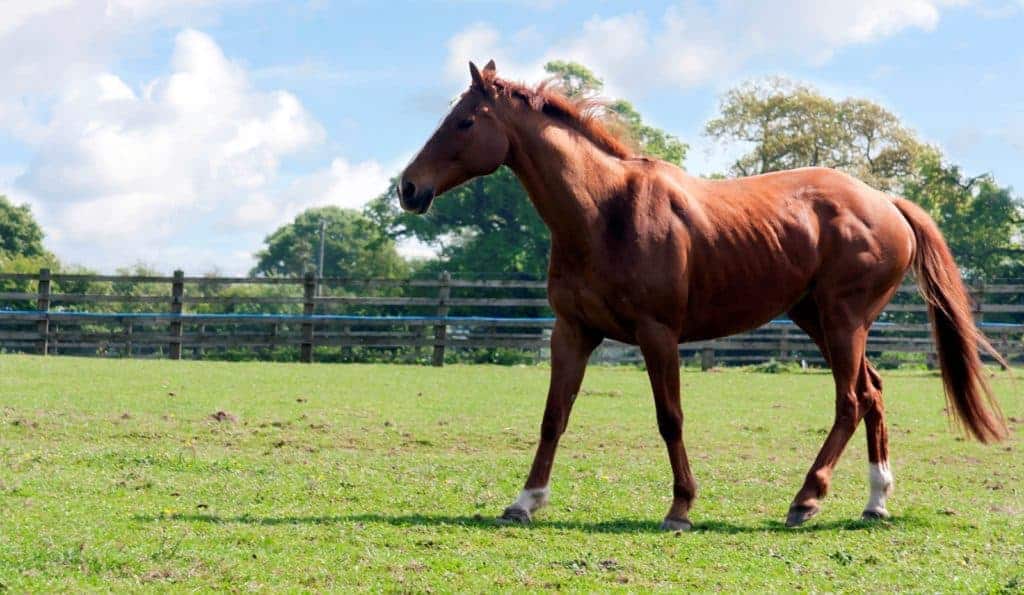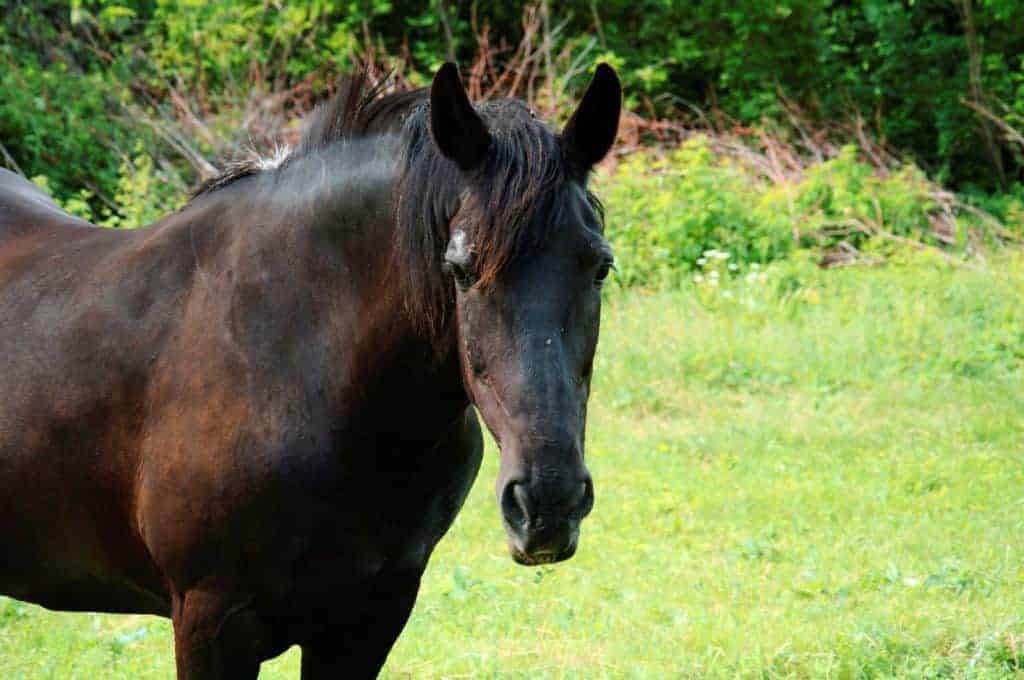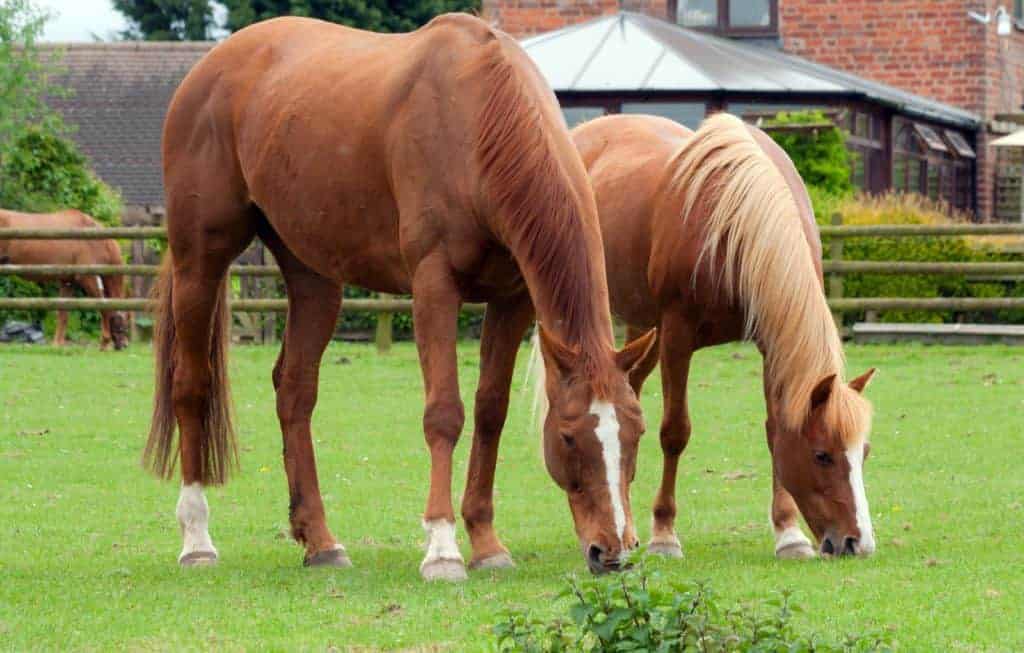
Heart of the Matter: Equine Cardiac Health
Take a look at the remarkable equine heart and what can go wrong with it, such as murmurs and atrial fibrillation.

Take a look at the remarkable equine heart and what can go wrong with it, such as murmurs and atrial fibrillation.

We’re taking a closer look at horse heart health Feb. 23-29, 2020.

University of Minnesota College of Veterinary Medicine researchers have launched a study investigating the genetic and management factors influencing muscle disease in horses. Find out how to get involved.

A horse appears healthy and sidepasses well to the right, but not to the left. Could he be in pain? A sports medicine practitioner shares his thoughts.

Blister beetles in alfalfa can be deadly. Here’s what to watch for and how to keep your horses healthy.

Learn how the bones and soft tissues in a horse’s hoof work together and impact soundness.

Patrick Reilly, chief of farrier services at the University of Pennsylvania School of Veterinary Services, describes techniques for trimming navicular syndrome horses to make them more comfortable.

Dr. Brian Nielsen describes the best kind of exercise for foals.

Are there any special considerations I need to make when hauling, housing, and showing my healthy senior gelding?

Are young horses with poor or limited nutrition or exercise likely to develop problems later in life? If so, can these be reversed? Dr. Brian Nielsen responds.

A horse’s active competition schedule can make managing and treating respiratory problems challenging.

My vet wants my 38-year-old on phenylbutazone forever. Is there anything else that could help him, with no side effects?

Horses experience less profound immune system changes than humans as they get older. However, researchers still have much to learn about equine aging.

Researchers investigated whether microbiome composition could be breed-specific and, therefore, influence horse health and behavior.

Taking a horse from a sedentary state to active working fitness can be a form of rehabilitation. However, there’s no one-size-fits-all program. Learn how to safely transition your horse into an exercise program.

Stress not only leads to stereotypical behaviors and high cortisol (stress hormone) levels but also disrupts the horse’s gastrointestinal (GI) system and microbiome.
Stay on top of the most recent Horse Health news with
"*" indicates required fields